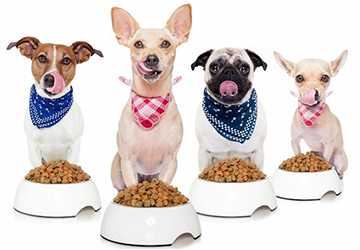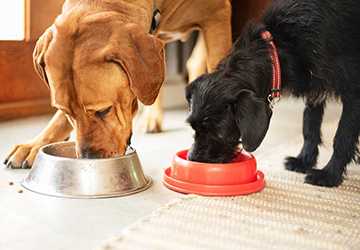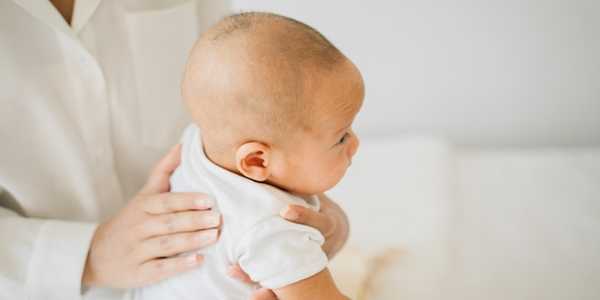Why Babies Get Hiccups And How To Stop Them Immediately
Many parents wonder, why do babies get hiccups and how to stop hiccups in babies immediately. Hiccups are normal, harmless, and part of a baby’s developing digestive system. Though they may seem concerning, they usually resolve on their own. Gentle burping or adjusting feeding positions can help stop them quickly.
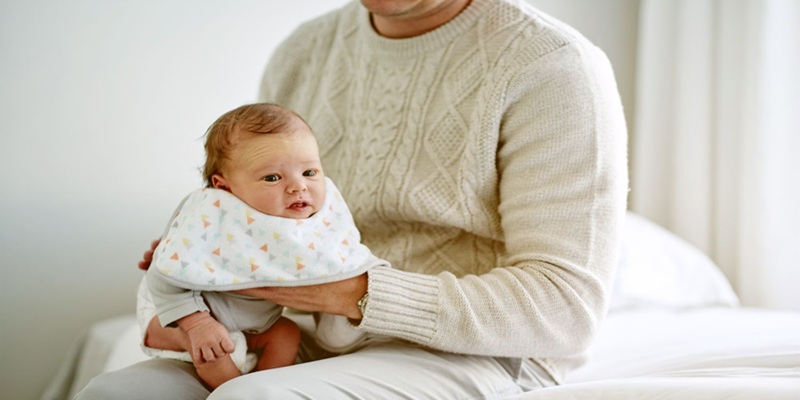
What Are Hiccups?
Hiccups, or singultus, are involuntary diaphragm contractions followed by vocal cord closure, causing the "hic" sound. While triggers like overeating or temperature changes affect all ages, infants experience hiccups more often due to their small stomachs and developing nervous systems. Typically harmless, baby hiccups resolve quickly and are a normal part of development.
Why Do Babies Get Hiccups?
Hiccups in babies are quite common and can leave new parents feeling puzzled. Parents can more effectively manage these involuntary contractions by understanding what triggers them. Here are the leading causes:
Feeding
One of the most prevalent causes of infant hiccups is related to feeding practices. When babies feed too quickly or consume excessive amounts of milk, they can inadvertently swallow air along with the milk. This excess air can irritate the diaphragm, triggering hiccups. Additionally, if a baby is overly eager during feeding, they may struggle to regulate their sucking amplitude, increasing the likelihood of hiccups. Parents can help reduce this occurrence by ensuring a more measured feeding pace, selecting appropriately sized bottles for bottle-feeding, or occasionally pausing during breastfeeding sessions to allow the baby to digest and lessen air intake.
Overstimulation
Another prevalent factor contributing to hiccups in babies is overstimulation. An infant's nervous system may become overwhelmed in lively environments—such as bustling family gatherings or exposure to bright lights and loud noises. This excess stimulation can provoke hiccups as the baby's body reacts to the excitement around it. To help mitigate hiccups arising from overstimulation, creating a calming and tranquil atmosphere for the baby is beneficial, particularly during feeding sessions or before naptime. This approach can significantly decrease the chances of a hiccup episode.
Temperature Changes
Sudden fluctuations in temperature can also lead to hiccups. Babies might experience hiccups when moving from a warm space to a cooler one or when they consume food or drink that is significantly colder than they are typically accustomed to. Such rapid transitions can shock their nervous systems, resulting in hiccups. To prevent this, parents should ensure that baby food and liquids are at room temperature and avoid exposing the baby to drastic temperature changes.
Understanding these specific triggers can empower parents to alleviate hiccup episodes and foster a more comfortable environment for their little ones.
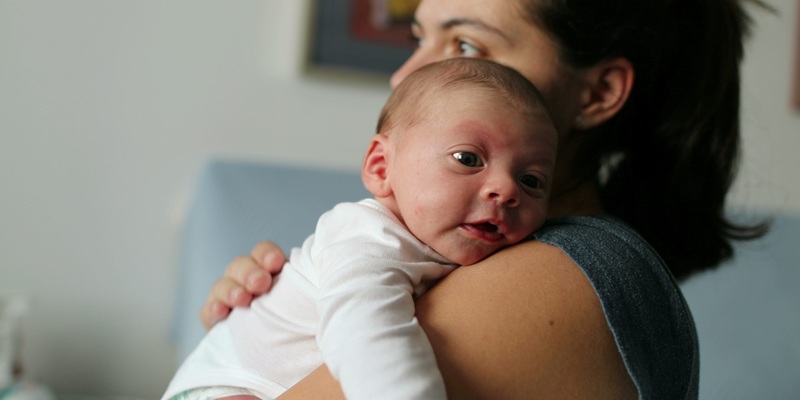
How To Stop Hiccups Immediately
Hiccups can be a common yet frustrating experience for babies. Here, we present effective remedies that parents can employ to quickly stop hiccups and provide some relief for their little ones.
Burping Techniques
One way to alleviate hiccups quickly is through appropriate burping techniques. After each feeding, hold your baby upright and gently pat them on the back. This position can assist in releasing any trapped air that may be causing discomfort. You can also try the over-the-shoulder method: drape your baby over your shoulder while supporting their neck and head, then gently pat or rub their back. If needed, implementing a light bouncing motion on your knee while keeping your baby in an upright position can facilitate more effective burping.
Changing Feeding Position
Adjusting your baby's feeding position can significantly decrease hiccup occurrences. Consider cradling your infant in a more upright position for breastfeeding instead of lying flat. This helps gravity assist in the digestive process. Hold the bottle at a slight incline for bottle-fed babies, ensuring the nipple remains filled with milk. This reduces the likelihood of swallowing excess air, often leading to hiccups. Monitoring your baby's comfort and responsiveness to various positions can improve feeding success and lessen hiccup episodes.
Gentle Patting
Gentle patting can serve as a swift and soothing method to alleviate hiccups. With your baby cradled in your arms or laid across your lap, use your palm to pat their back in a rhythmic motion gently. This comforting act can help release any tension in their diaphragm that may contribute to the hiccups. Alternatively, try gentle rocking side to side while patting, as the combination of movement and touch can yield both physical relief and emotional comfort for your baby. Remember to remain patient; the hiccups might take a few moments to subside.
When To Consult a Doctor
While hiccups are generally harmless, specific warning signs indicate it may be necessary to seek medical assistance. If your baby experiences hiccups more than three times a day for an extended duration or if they persist for over 48 hours, this might signal an underlying concern that needs attention. Additionally, keep an eye out for other troubling symptoms such as excessive fussiness, refusal to eat, or continual vomiting, as these signs could indicate more serious matters like gastroesophageal reflux disease (GERD) or respiratory issues.
Monitor your baby's overall behaviour and comfort levels during these episodes. Consult a paediatrician if you detect any dramatic changes or if the hiccups significantly disrupt feeding or sleep patterns. Early intervention can provide peace of mind and effectively address potential health concerns.
Embracing The Journey Of Parenthood
Baby hiccups may worry new parents but are a normal part of development. Understanding common causes like overeating or temperature changes can ease concerns. Hiccups are harmless and common, and gentle soothing techniques can help. With time and patience, this phase will simply become another cherished parenting memory.


